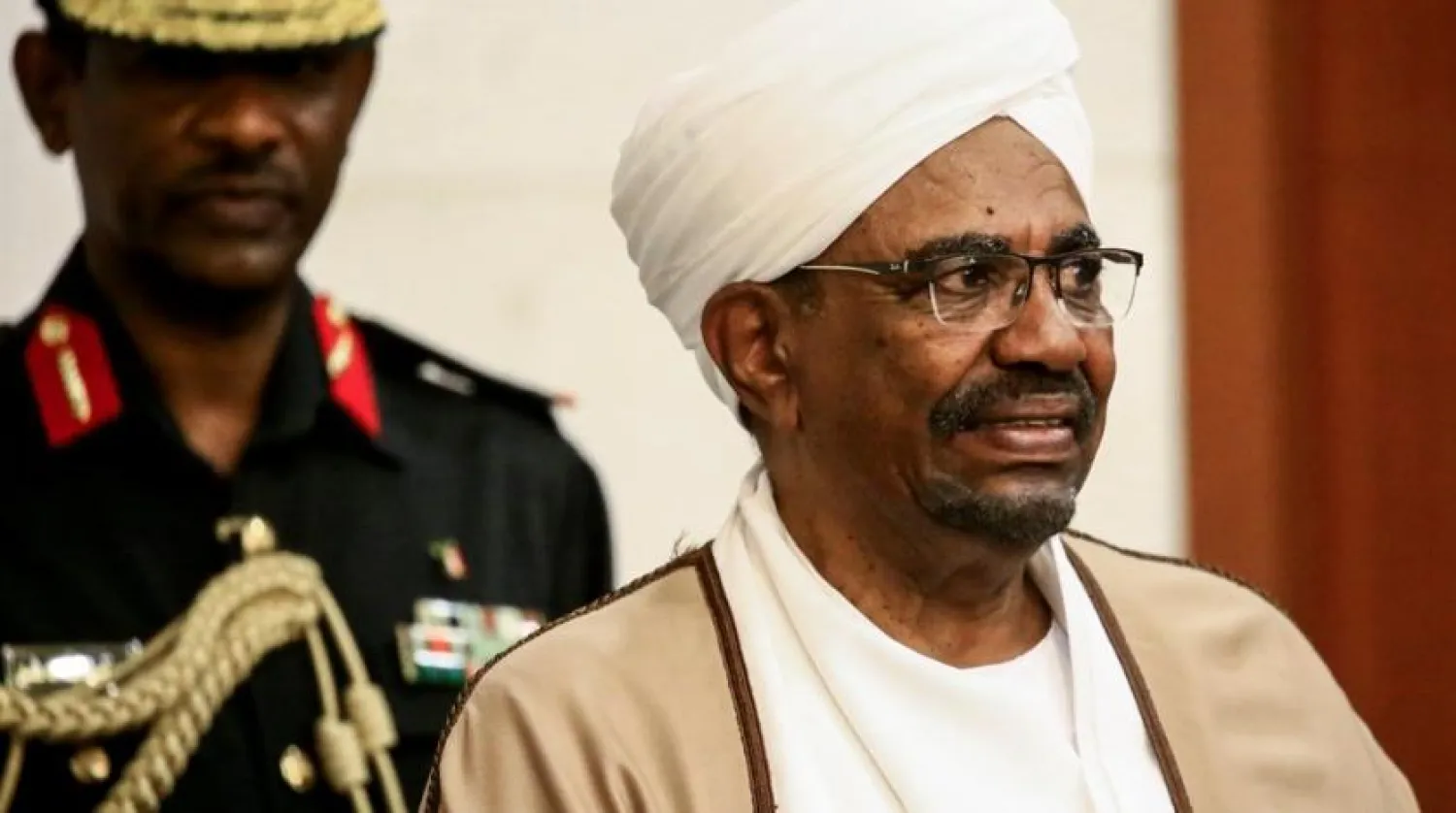Sudan asked for help from Interpol to arrest the Palestinian Hamas movement’s financial official in the country.
Maher Aref Abu Jawad, who manages the movement’s investments in Sudan, and two of his associates are wanted for charges related to terrorist financing and money laundering, reported Bloomberg Asharq.
The news website’s official Twitter page identified one of them as the Hamas security official in Sudan, Al-Walid Hassan Mohammad Ahmed, who owns several companies in the country and allocates their revenues to support terrorism and target foreign embassies.
The Committee for Dismantling the Ousted June 30 Regime launched its probe with Abu Jawad on charges related to terrorist financing and money laundering, which are criminalized under the Committee’s laws and Sudan’s Counter Terrorism Act.
It based the investigation process on evidence issued by the US Treasury Department and the Sudanese Intelligence.
Among the accused are two Sudanese and one Jordanian citizen.
The Committee arrested the son of the owner of the “Hassan and Al-Abed Company”, Moayad Maher Abu Jawad, and ordered the seizure of the company’s assets.
It has so far recovered 18 companies, 34 properties and lands, including 24 apartments, owned by Maher Salem.
Ousted President Omar al-Bashir’s regime, which followed a Muslim Brotherhood-oriented approach, maintained strong relations with Hamas and protected a number of its leaders. It allowed movement leaders and figures to reside and invest in Sudan, sometimes under the umbrella of “voluntary work,” and provided it with weapons and funds.
Hamas former leader Khaled Meshaal constantly traveled to Khartoum throughout the period of the Islamists’ rule. He visited the country regularly and participated in activities organized by the Islamic Movement led by the late Hassan al-Turabi.
The relationship between Hamas and the ousted regime was among the factors that led the US to tighten its sanctions and keep Sudan on its list of state sponsors of terrorism for a long time.









